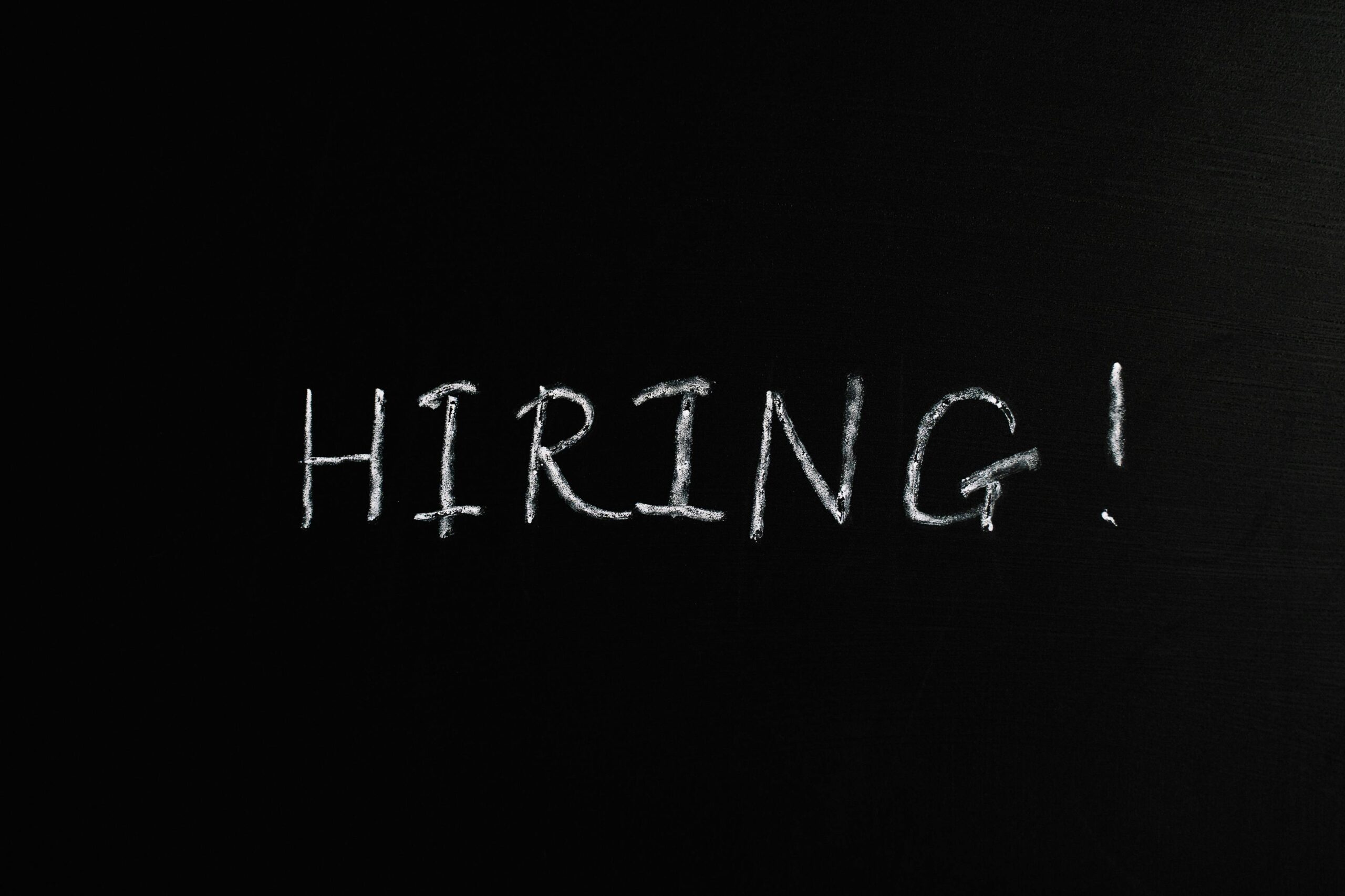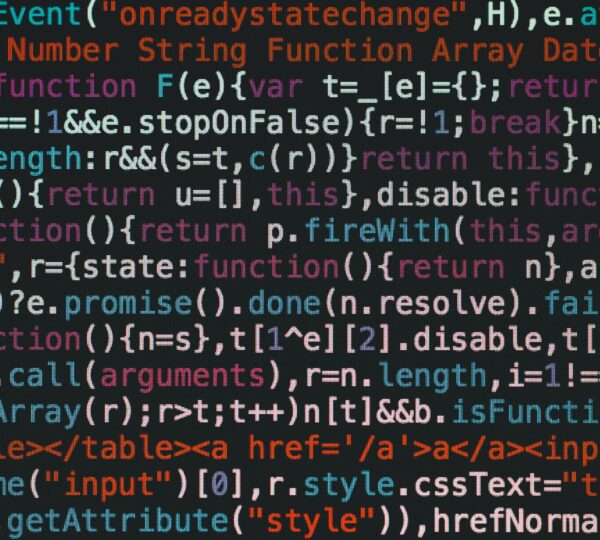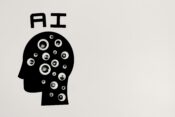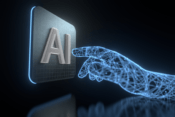
How AI is Transforming the Job Market
Did you know that AI is expected to displace 85 million jobs globally by 2025? (The Future of Jobs Report 2020). Yet, at the same time, it’s projected to create 97 million new roles. This shift is happening faster than most of us anticipated, with industries across the globe feeling the impact. From automating repetitive tasks to enhancing decision-making processes, AI is redefining the way we work.
As businesses race to adopt AI-driven technologies, the job market is transforming at a pace that demands attention. But while AI is automating certain roles, it’s also creating opportunities that didn’t exist a decade ago. Whether you’re a recent graduate or a seasoned professional, understanding how AI is reshaping careers is crucial to thriving in this new landscape.
1. The Current Impact of AI on Jobs
Back in 2018, a close friend of mine, a radiologist, shared how worried she was about AI taking over her profession. She had read articles predicting that AI would eventually replace jobs like hers, where analyzing images and making diagnoses were key tasks. Fast forward to today, and her perspective has completely changed. Instead of feeling threatened, she now sees AI as a powerful work tool. Using AI-powered systems, she is able to detect early signs of diseases with incredible accuracy, allowing her to spend more time connecting with patients
This shift reflects a broader trend. Artificial Intelligence has become a game changer across industries. According to a report by McKinsey, AI could potentially automate 45% of current work activities. However, this doesn’t mean jobs are disappearing—rather, they’re evolving. While AI is great at automating repetitive, rule-based tasks, it’s still far from replacing jobs that require emotional intelligence, creativity, and complex decision-making.
For instance, in the healthcare sector, AI-powered tools assist doctors with diagnosing diseases, allowing them to focus more on patient care. In finance, AI algorithms analyze large datasets for investment insights faster than human analysts ever could. These examples show that instead of replacing humans, AI is augmenting roles.
2. AI and Job Creation: New Roles on the Horizon
Contrary to the fear that AI will take away jobs, it is actually creating new ones including roles like AI specialists, data scientists, and automation engineers. . According to a World Economic Forum report. These jobs didn’t exist a decade ago, showing how AI is fueling the demand for new skills.
Experts agree that the demand for roles involving creativity, critical thinking, and emotional intelligence will rise. For example, AI-powered platforms in content marketing help automate repetitive tasks like keyword research and analysis, leaving human marketers to focus on creating engaging, meaningful content. The shift is clear: AI is transforming mundane tasks and enhancing roles that require human insight.
3. Upskilling: The Key to Staying Relevant in the AI Era
With AI rapidly changing the job market, employees and job seekers need to prioritize upskilling. Learning new technologies and improving soft skills like problem-solving and adaptability are essential to stay competitive. Major organizations have taken note: companies like Amazon have committed to investing over $700 million to retrain their workers for the AI-driven future.
One critical area of upskilling is data literacy. According to Harvard Business Review, over 70% of businesses are struggling with data overload, and they need workers who can make sense of this data. This means learning tools like AI, machine learning, and data analytics can significantly boost career prospects. Interesting in learning more more on upskilling? See our blog post: Guide to Upskilling in the Age of AI: Stay Competitive in the Rapidly Changing Job Market
4. Sectors Most Impacted by AI
AI’s influence varies across industries, with some feeling the effects more than others:
- Manufacturing: AI is automating production lines, leading to higher efficiency and reduced costs. However, it has also displaced some low-skill jobs. Upskilling workers to operate AI-driven machinery has become crucial.
- Retail: AI-powered tools help predict customer preferences, optimize inventory, and personalize shopping experiences. For instance, AI tools such as chatbots have transformed customer service roles by handling basic queries, freeing up human staff to deal with more complex issues.
- Healthcare: AI is revolutionizing how doctors diagnose diseases. Machine learning algorithms, for instance, can analyze medical images with high accuracy, helping doctors detect abnormalities that may be missed by the human eye. Experts predict that the collaboration between AI and healthcare professionals will reduce human errors and improve patient outcomes.
5. The Future of Work: A Human-AI Collaboration
As AI becomes more integrated into our daily work lives, the future of work will involve a collaborative relationship between humans and AI. Gartner predicts that by 2025, AI will manage 75% of all customer interactions, but this doesn’t mean humans will be sidelined. Instead, employees will work alongside AI to solve complex problems, enhance decision-making, and increase productivity.
AI-powered decision-support tools will allow workers to focus on high-level strategy and creativity, while AI handles the number-crunching and data processing. For example, in law firms, AI is being used to review contracts and legal documents, helping lawyers spend more time on strategic case-building.
6. Ethical Considerations in AI Adoption
While AI has vast potential, it raises ethical concerns that can’t be ignored. One of the biggest concerns is bias in AI algorithms, which can reinforce societal inequalities. For example, studies have shown that some AI recruitment tools disproportionately reject applicants from minority groups due to inherent biases in the training data.
In response to these issues, companies like IBM and Google are taking steps to create more ethical AI systems. Governments and international organizations are also pushing for AI regulation to ensure fairness and transparency.
7. How to Prepare for an AI-Driven Job Market
Preparing for an AI-dominated job market is about embracing lifelong learning and staying adaptable. Here’s how you can prepare:
- Learn AI tools: Familiarize yourself with AI tools in your field, whether that’s predictive analytics for marketing or robotic process automation in manufacturing.
- Develop soft skills: Strengthen communication, leadership, and creative problem-solving, as these skills are harder for AI to replicate.
- Follow AI trends: Stay updated on AI developments by following reputable sources like MIT Technology Review, Harvard Business Review, and Forbes.
- Network with AI professionals: Engage with AI experts through conferences or online communities like LinkedIn to learn firsthand how the industry is evolving.
- AI Tools for Resume Creation and Interview
Resume Building
- Resume Worded: Leverages your LinkedIn profile to create a professional resume. Cost: Free
- ResumeNerd: Adapts your resume as you browse job openings. Cost: Free
- Enhancv: Offers AI-powered resume templates and suggestions. Cost: Free, premium features available
- Kickresume: Generates resumes from scratch and offers various templates. Cost: Free, premium features available
Interview Preparation
- AI Job Interview Questions Generator (Kickresume): Generates tailored interview questions based on your resume and the job you’re applying for. Cost: Free
- Sensei AI: Provides instant answers to interview questions by referencing your resume. Cost: Free, premium features available
- NodeFlair: Offers an AI-powered interview answer generator. Cost: Free
Additional Tools
- ChatGPT (OpenAI): Can help you practice answering interview questions and provide feedback. Cost: Free, premium features available
- CareerCup: Offers a database of common interview questions and answers. Cost: Free, premium features available
Remember: While AI can assist in the job-hunting process, it’s essential to use these tools as a supplement to your own research and preparation. Human judgment and experience are still crucial for creating a compelling resume and acing interviews. They should only be used for preparation not during the interview.
Conclusion: AI is Here to Transform, Not Replace
AI’s rapid integration into the job market is undeniable. But instead of fearing it, we should embrace the changes AI brings, focus on upskilling, and seek out new opportunities that AI creates. Whether you’re an entry-level employee or an experienced professional, AI is here to transform jobs—giving us the tools to be more efficient, creative, and valuable in ways that machines simply can’t replicate.
As the AI revolution continues, one thing is certain: human ingenuity and adaptability will remain critical in shaping the future of work.
References:
- McKinsey & Company. (2023). The Future of Work in America. Retrieved from McKinsey.
- World Economic Forum. (2020). The Future of Jobs Report. Retrieved from World Economic Forum.
- Gartner. (2023). Gartner Predicts 75% of Customer Interactions Will Be Handled by AI by 2025. Retrieved from Gartner.
- Harvard Business Review. (2022). Why AI-Driven Data Literacy is Key to the Future of Work. Retrieved from Harvard Business Review.
- MIT Technology Review. (2023). The Role of AI in Job Creation and Displacement. Retrieved from MIT Technology Review.













